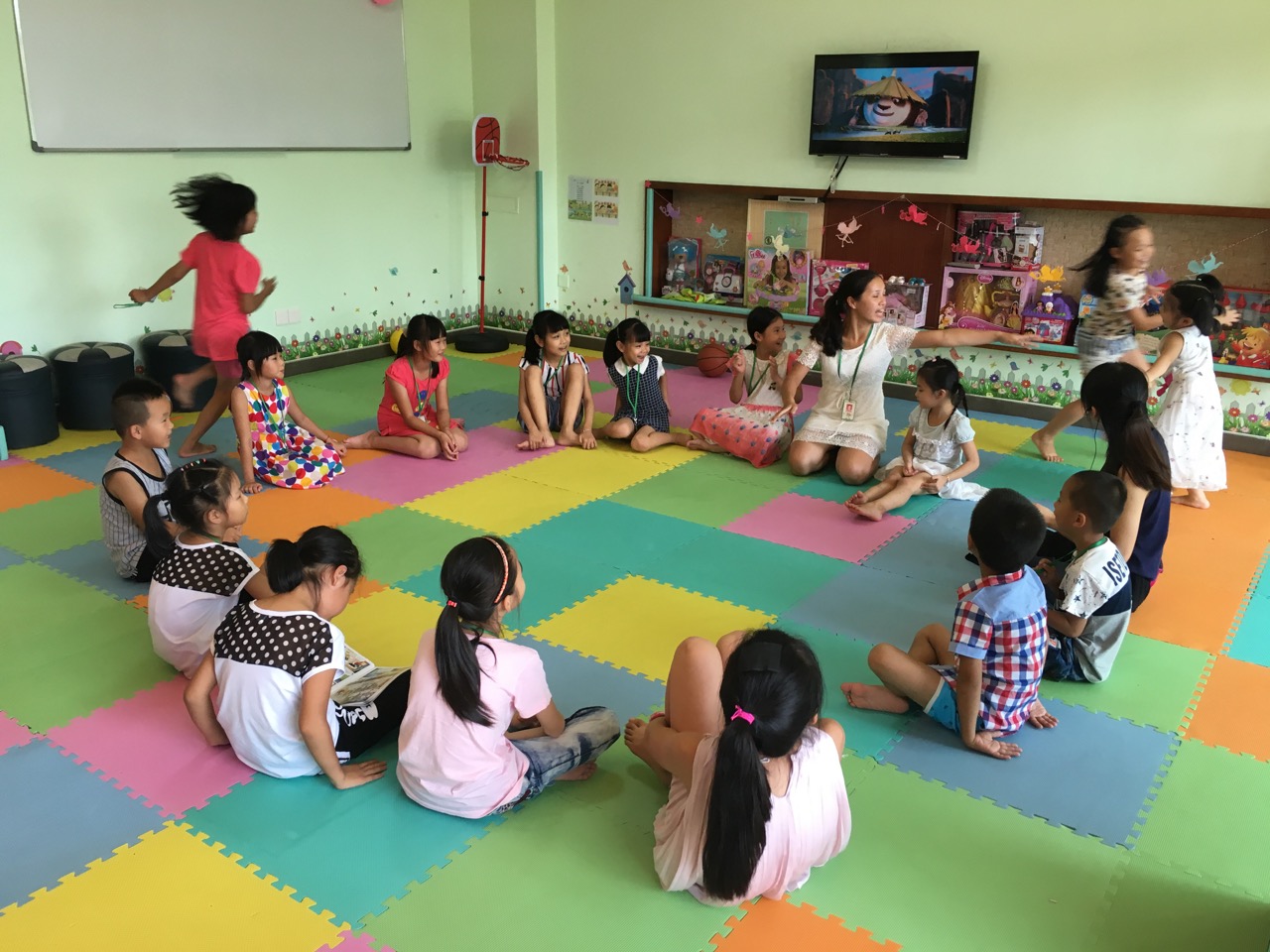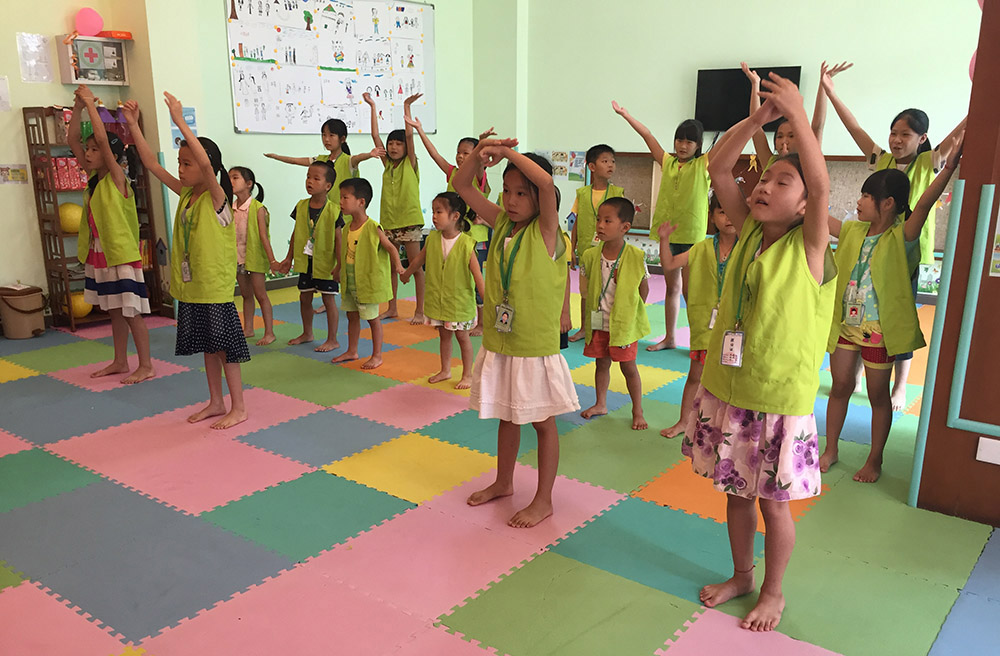Challenges and Opportunities: The Migrant Parent Workers in China’s Factories
Wang Hong* is a migrant father of two who has spent the past 20 years working in a factory in Guangdong, South China. He lives in rented accommodation near the factory together with his wife. Their two daughters who stayed behind in their hometown are three and 14 but neither of them have grown up with a parent around. Their situation is not unique. Around 61 million children in China are estimated to have been left behind.
The Center for Child Rights & Corporate Social Responsibility (CCR CSR) – a social enterprise that works with international brands to implement child-rights focused sustainability strategies and projects in supply chains – conducted a new study to examine the situation of the migrant parent workers in China’s factories – workers like Wang Hong. 749 workers, 96 factories and 24 brands were surveyed for this study, including workers at textile, bag and shoe-making factories. The study shows a workforce torn between a steadfast determination to create brighter futures for their families, and guilt for missing out on their children’s childhoods. However, it also demonstrates that strengthened support by factories and brands can greatly improve both the situation of migrant parent workers and their own business.

Challenge no. 1: costs for migrant workers are too high to live with children
According to the study, 80% of migrant parent workers had left children behind in their hometowns and the top three reasons for doing so were not having anyone to look after their children while they worked, not having enough time to take care of them, and the economic burden of bringing the children to their host cities.
“My younger daughter used to be outgoing when she was staying with me, but since she is back at her grandparents’ side she has become a little bit introverted and rarely talks. It would be better for all sides if we could take care of her on our own,” Wang Hong says.
However, the study found that if factories were to provide just a minimal increase in financial support towards workers like Wang Hong, that could be the incentive many need to migrate with their children. The difference in salary between the workers who migrated with or without their children was very small – only 160 RMB a month (approx. 20 USD) according to the study. Financial support does not necessarily have to mean a pay rise. In interviews CCR CSR did with workers as part of the study, it became clear that workers who took time off to care for their children were often “penalized” in that they lost out on full attendance bonuses at the end of the month.
“Taking a half day off is considered a leave of absence and we lose our 300 RMB full-attendance bonus. So that means when you take time off you lose out on hundreds of Yuan” said Xu Ting*, a mother of four who works in a factory in Guangdong.
If parent workers were given more flexibility to take time off without losing out on bonuses, that could make a big difference in the lives of many migrant parent workers.

Challenge no. 2: no one to look after children during work shifts and school holidays
The painfully long working hours of China’s factory workers are well documented. With many working 12 hour days, six days a week (or more), where does that leave time for children? It doesn’t. The problem is particularly vexing during school breaks when parents have to continue working despite not having anyone to look after their children.
“I was always worried about my kid’s safety during the summer vacation, as every year I heard about accidents involving children such as children drowning in ponds or dying from electric shocks,” says Zhang Zulin*, a 32-year-old factory worker and father whose four-year-old daughter lives with her grandparents in Yunnan Province over 1000 KM away.
While children left behind in villages were primarily being looked after by grandparents, the study found that the children who migrated with their parents to their city of work spent the most time on their own. Moreover, 18% of workers who migrated without their children said their children occasionally come to the factory during holidays. Both scenarios point to an urgent need to provide childcare support, both to safeguard the children of workers and to minimise compliance risks.
For factories, there is a strong case to strengthen support in this area. CCR CSR’s study found that workers were more satisfied and committed to staying in the factory for longer when the factory provided a daycare/after-school center for their children.
“People who worry are less able to focus on work, which may impact product quality and production. So an improved situation would imply an improvement of the above,” a brand representative acknowledged during an interview.
58% of brand/buyer representatives said they believed their companies should support daycare/after-school centers, but this is not currently translating into action: only 8% of brands participating in this study actually have programs supporting such centers and only 2% of surveyed factories had such facilities for the children of their workers.
CCR CSR hopes to change this by showing factories and brands that such investments pay off. The new study not only includes survey data that links migrant parent support programs with increased satisfaction and retention, it also features detailed case studies that highlight the strong business case such interventions can generate.
Read CCR CSR’s 2017 full study “From the Factory with Love: A Study on Migrant Parent Workers in China” here.
About CCR CSR:
The Center for Child Rights and Corporate Social Responsibility (CCR CSR) has been a pioneer in consulting businesses on child rights since 2009, working in China, Hong Kong and Myanmar, Vietnam, Bangladesh and Malaysia. CCR CSR, a social enterprise, has extensive experience and expertise in helping companies improve, develop and implement sustainability strategies, programs and projects related to children, young workers and migrant parents.
* All names used in this blog are pseudonyms to respect the privacy of the workers.





